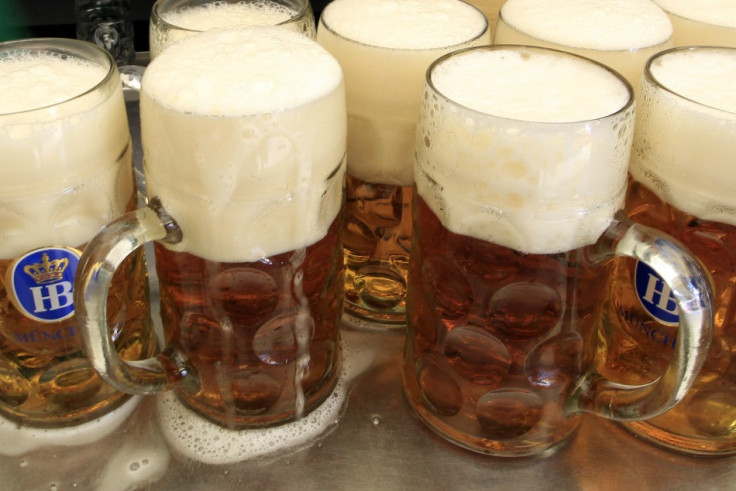Small Hike in Alcohol Prices Reduces Mortality Rates by a Third

As the British government considers introducing a minimum price for alcohol, a new study in Canada has shown that even a small increase in the cost of booze can lead to a dramatic fall in mortality rates.
The study, published in the journal Addiction, assessed the impact of the British Columbia government's alcohol pricing strategy between 2002 and 2009.
During this period, the prices of beer and spirits both rose by around 10 percent. Spirits increased by just over £3 to £19.58 per litre, while the cost of 'packaged beers' increased from £1.92 to £2.26.
The researchers found that this 10 percent price increase led to a 32 percent reduction in deaths directly related to alcohol, such as heart problems, pancreatitis and foetal alcohol syndrome.
Based on this finding, reachers claim that increasing the price of alcohol has a dramatic effect on popular drinking habits.
Lead author Tim Stockwell said: "This study adds to the scientific evidence that, despite popular opinion to the contrary, even the heaviest drinkers reduce their consumption when minimum alcohol prices increase.
"It is hard otherwise to explain the significant changes in alcohol-related deaths observed in British Columbia."
In the UK, the government's consultation on minimum unit pricing came to an end yesterday. Ministers proposed a minimum price of 45p a unit for alcohol in England and Wales.
ONS figures showed that there was a slight drop in alcohol-related deaths in England and Wales between 2010 and 2011. There were 8,748 deaths from alcohol in 2001, 42 less than the year before.
The Scottish government is also contemplating the introduction of a minimum price for alcohol, of 50p. However this has met fierce opposition from the drinks industry.
© Copyright IBTimes 2024. All rights reserved.






